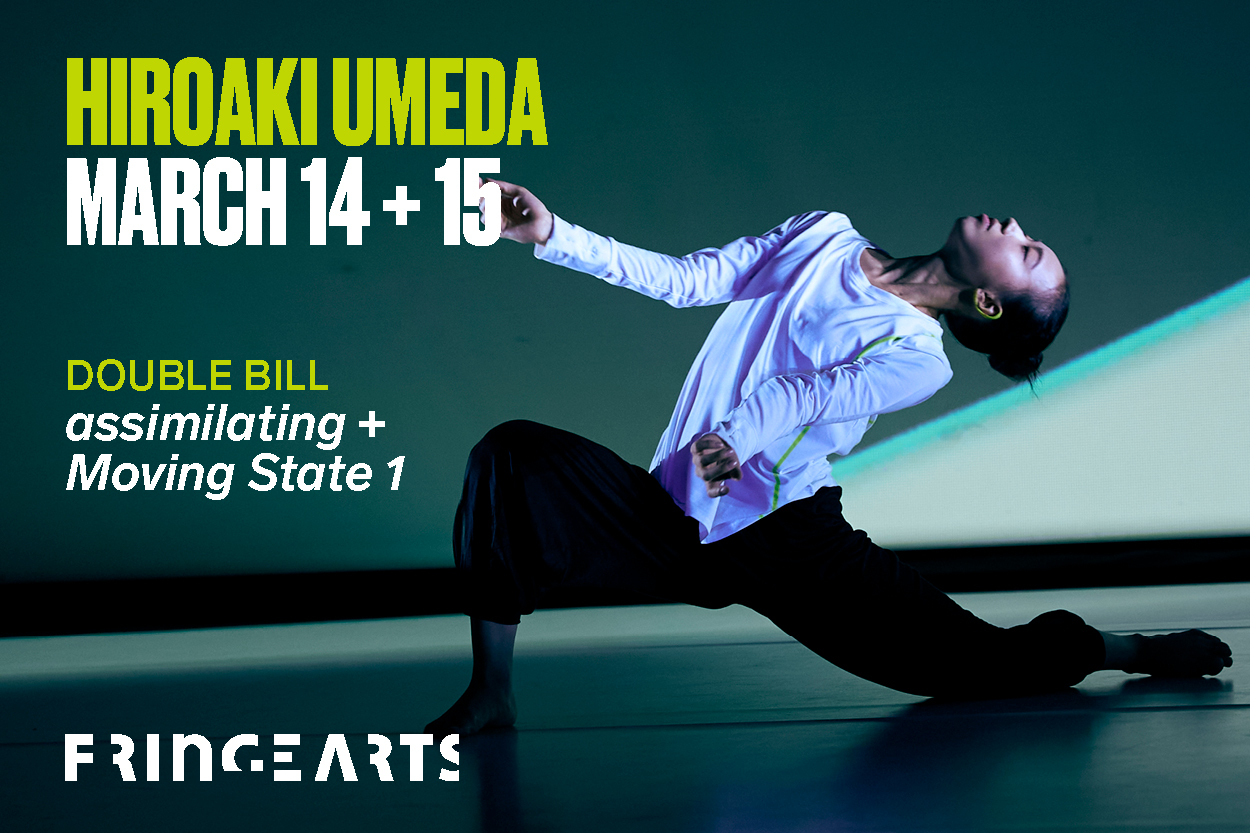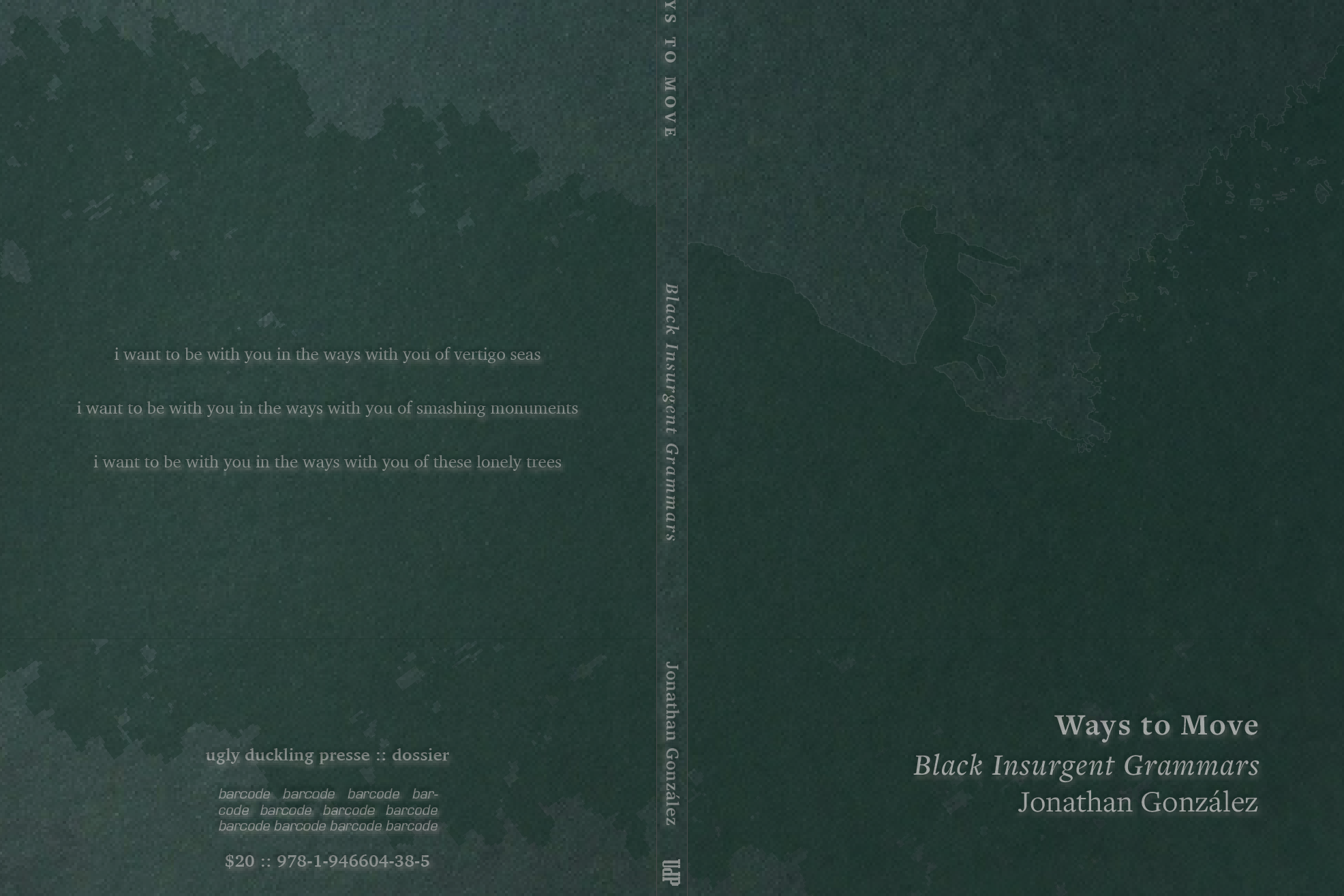This is the introduction to a series of thINKingDANCE articles and interviews with Philadelphia dance professionals, both established and emerging, about navigating the “business” of dance and how individuals’ careers can take shape.
As I recently applied for a city business license, required even for low earning freelancers in Philadelphia, a switch flipped in my consciousness. I realized that all of my creative work now has to be conducted like a business. Business? I haven’t got a clue about running a business, even if I am my own sole employee! After graduating, all I really anticipated was updating my resume and going to auditions. I assumed that my career would take the shape of whatever gig I got, and anything that had to do with business would be taken care of by whoever hired me. But alas, after a year of teaching, performing, and choreographing, I now realize that I have to take on a business mentality to build my dance career. I have to start thinking like a professional.
Seeking guidance, I found myself in the Free Library checking out Bruce Nussbaum’sCreative Intelligence. Nussbaum investigates successful and innovative businesses like Apple, breaking down five essential elements of innovation and creativity. He terms the first of these elements Knowledge Mining: researching your industry, both past and present, to know how people before you have achieved success. Dancers mine for creative innovations by attending the performances of established choreographers. Dance history courses reveal the creative successes of dance pioneers. Early works on video and reading dance history may unveil some of the beginning of these professionals’ careers. But how do dancers today learn to build a career in dance? Where do they find more current stories of success?
Success in dance: now there’s something difficult to define. The cliché scenario is that despite your weaknesses, your fears and your hardships, you audition again and again and at the end of the movie your creative passion wins over the judges and you’re hired. But for the majority of dancers, this isn’t how dance careers form. A dance career is liquid; it takes the shape of whatever container holds it. (For an example of one dancer’s embrace of her unique career, see Shawn Lent’s beautifully written blog post.)
With my newly formed dance business mindset, I am at a juncture where I’m curious to know how to start up my dance career. I had recognized myself only as someone who goes to class, studies, and creates within the feedback system of an institution. But now I have to start understanding more about professional relationships, handling rejections, resolving conflict, fundraising, self-investment, and networking. How much of my time am I supposed to devote to self-promotion and marketing? How do I split my hours between the “business” of my career and the actual practice of dance?
The other question that lurks in my mind is what role does location play in building a dance career? After graduating, I chose to return to Philadelphia instead of following my peers to New York. I could easily establish myself here and end up commuting if a gig took me to NY. But as I moved back home, I realized that I didn’t know much about the local dance scene (thankfully, I can say differently since being involved in thINKingDANCE). Growing up here, I was exposed to a few of the principal Philadelphia dance companies, but my adolescent exposure excluded a lot of the smaller collaborations that didn’t receive as much attention. Even with my narrowed awareness of the variety of the Philly dance scene, I chose to return home, thinking it was the place where I could build my career. Does location indeed play a role in building a career in dance? And if so, what is unique about the local dance scene?
I want to ask these questions of local dance artists, both established and emerging, to begin to mine for knowledge about how careers can emerge. Why did you choose Philadelphia? How did you start up your career? Who were your mentors and models? What is challenging or resourceful about building a career in this city? How do you manage your time between administration, the practice of dance, and your personal life?
What is your startup story?
If you would like to be interviewed for this series, please contact author Kalila Kingsford Smith at kalilakingsfordsmith@gmail.com.






